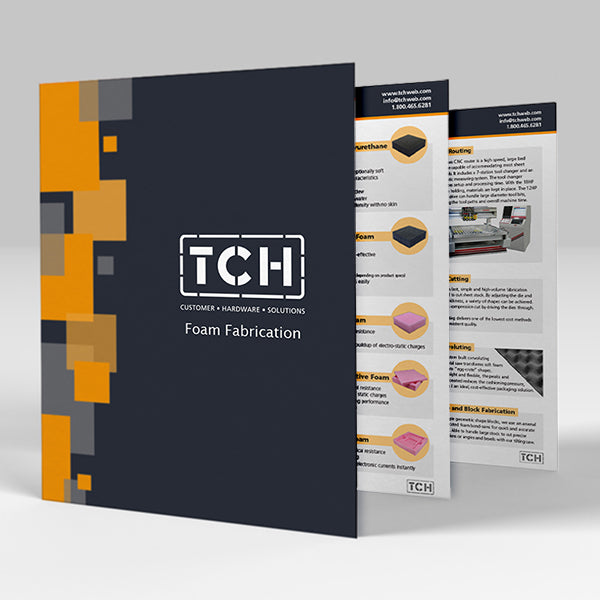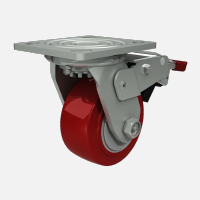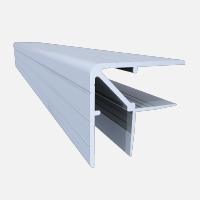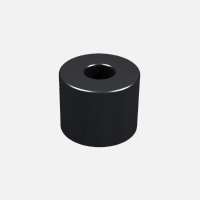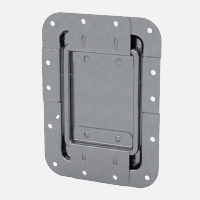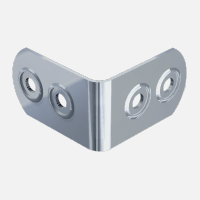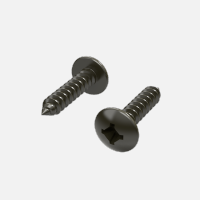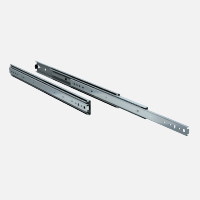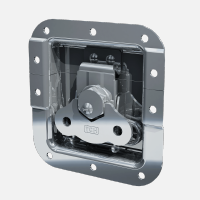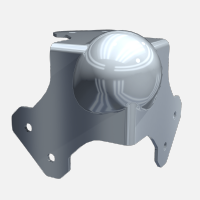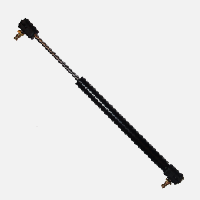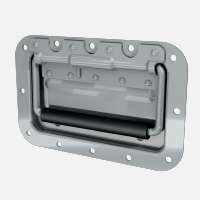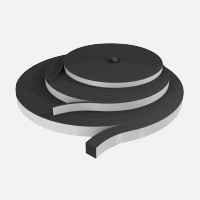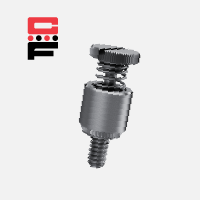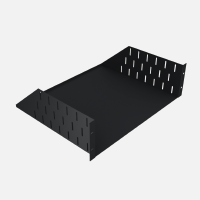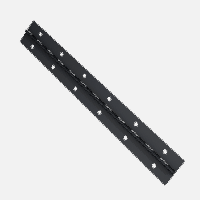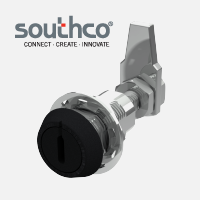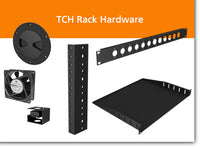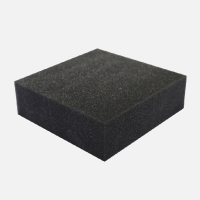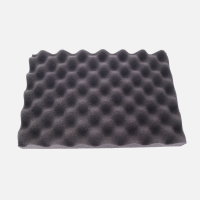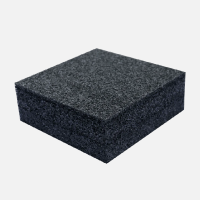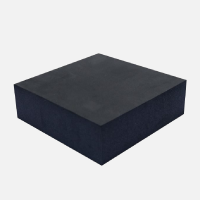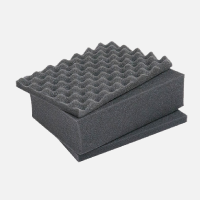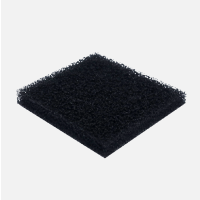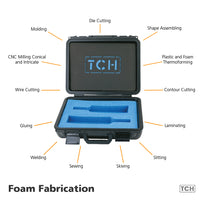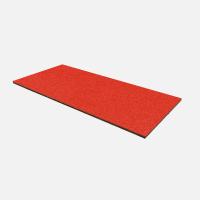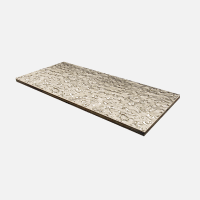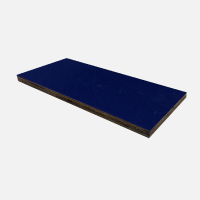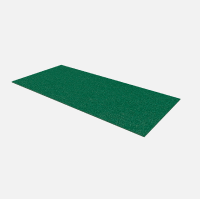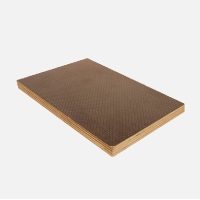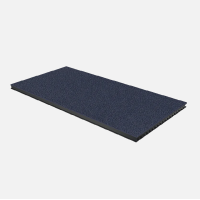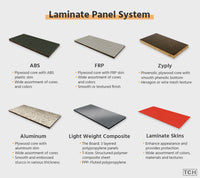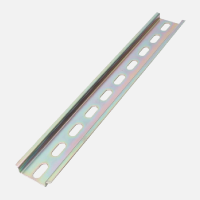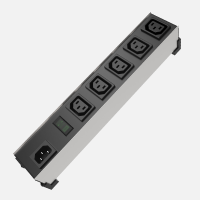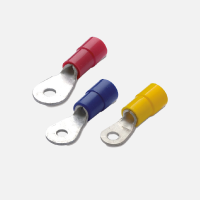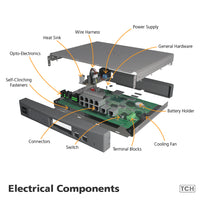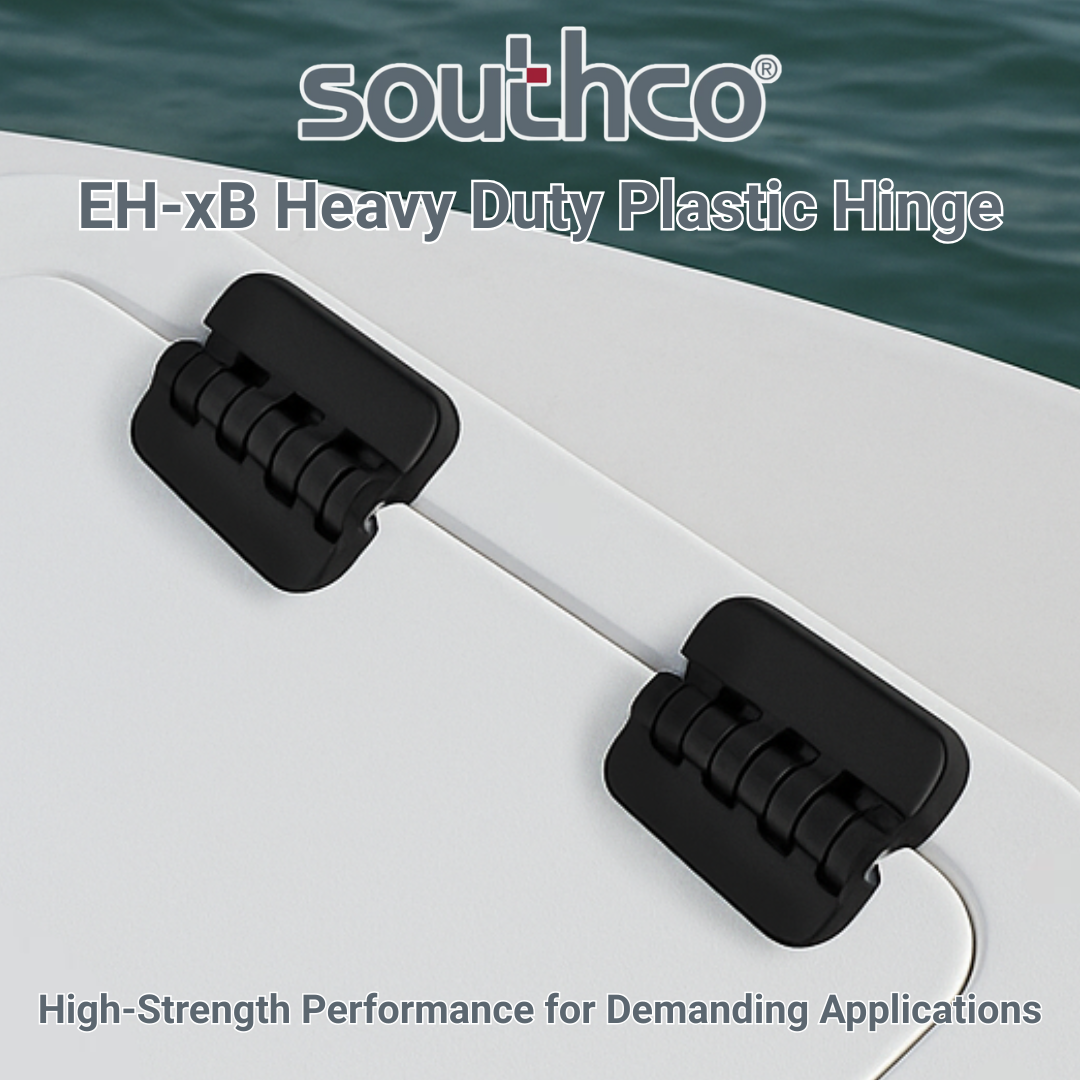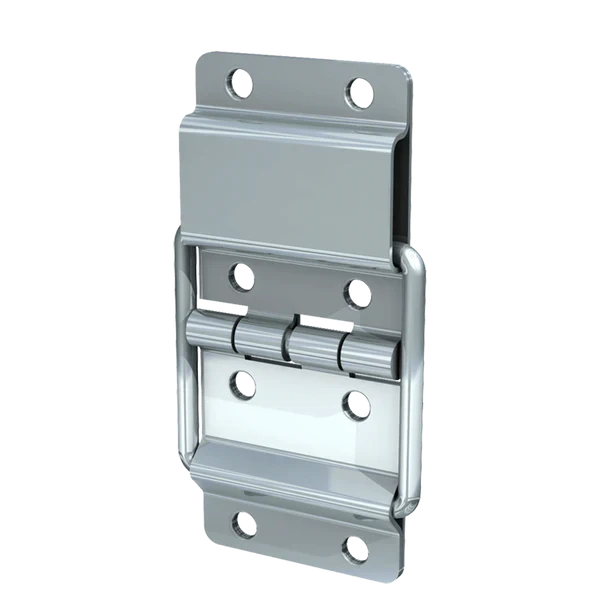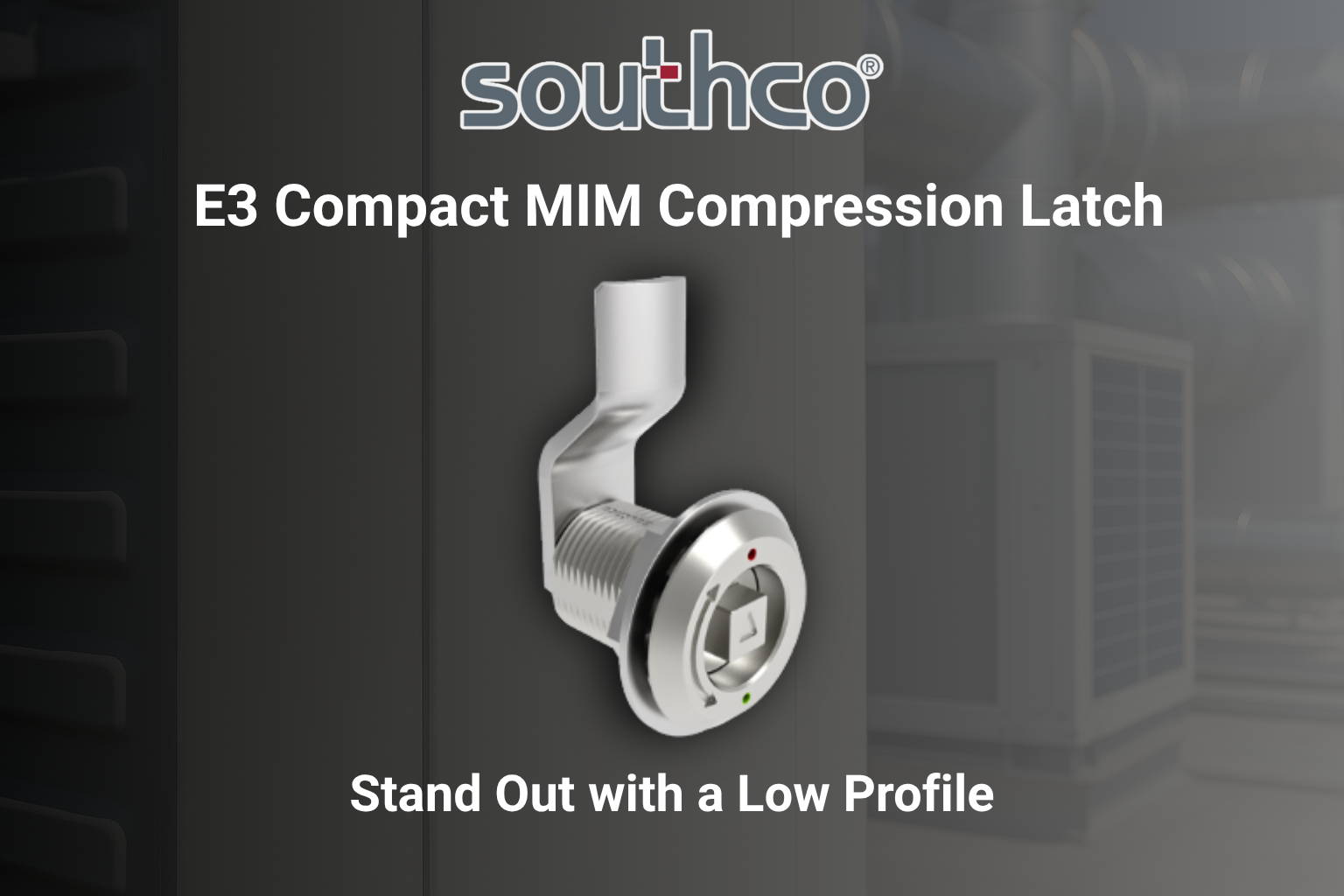Whether supporting carts, equipment, or workstations, casters are critical to operational efficiency. The right caster wheel not only enhances mobility but also protects flooring, absorbs shock, and improves control in various environments.
Different applications call for different caster types. From heavy industrial use to lightweight office furniture, understanding each style helps match performance needs with appropriate materials and design. This guide outlines six commoncaster wheels, including the increasingly popularrubber caster wheel, and highlights their ideal use cases.
1. Rigid Caster Wheels
Rigid caster wheels are fixed in place and roll only in a straight line. These are best suited for applications where movement is limited to forward and backward directions. They provide strong directional control and are often used in tandem with swivel casters for balanced maneuverability. Rigid casters are commonly seen on warehouse dollies, platform trucks, and industrial carts that require stability during transport.
2. Swivel Caster Wheels
Swivel casters rotate 360 degrees, allowing for smooth navigation in tight spaces. This flexibility makes them ideal for carts and equipment that need frequent turning or repositioning. They are commonly installed on medical equipment, toolboxes, and food service carts. Combining swivel casters with a rubber caster wheel base further enhances shock absorption and noise reduction, especially on uneven floors.
3. Locking Caster Wheels
Locking casters are equipped with a brake mechanism that prevents both the wheel and the swivel from moving. This type of caster is ideal for applications where stability and safety are essential, such as mobile workbenches, display stands, and machinery. Locking mechanisms vary, including total locks (wheel and swivel) or directional locks for better control in motion.
4. Pneumatic Caster Wheels
Pneumatic caster wheels are air-filled and designed for outdoor or rough-terrain use. They offer excellent shock absorption, making them suitable for construction sites, gardening carts, and other applications involving uneven surfaces. Their soft tread allows for smoother movement over gravel, asphalt, or grass. However, due to the risk of puncture and lower weight capacity, pneumatic wheels are not typically used in heavy-duty industrial settings.
5. Polyurethane Caster Wheels
Polyurethane caster wheels offer a blend of durability and floor protection. They resist chemicals, abrasion, and moisture, making them suitable for factories, laboratories, and cleanroom environments. Unlike rubber caster wheels, polyurethane options can support heavier loads without compromising on smooth movement. They’re ideal for sensitive flooring and areas requiring quiet, non-marking mobility.
6. Stainless Steel Caster Wheels
Stainless steel casters are corrosion-resistant and durable, designed for harsh environments like food processing plants, marine facilities, and medical applications. These caster wheels resist water, chemicals, and high temperatures. Their robust construction ensures reliability in areas where hygiene and durability are critical.
How to Choose the Right Caster Wheel for Your Application
Selecting the correct caster requires evaluating several factors:
-
Load Capacity: Consider total weight and required wheel strength.
-
Flooring Type:Hard wheels work well on carpets; soft wheels (like a rubber caster wheel) are better on concrete or tile.
-
Environment: Exposure to moisture, chemicals, or outdoor elements affects wheel performance.
-
Mobility Needs: Swivel and locking features improve maneuverability and safety.
-
Noise and Vibration:Applications requiring quiet or smooth transport benefit from shock-absorbing materials.
Matching the wheel type to the work environment ensures optimal performance and longer service life.
Final Thoughts on Caster Selection
Understanding the strengths of each caster type makes all the difference when aiming for mobility, safety, and durability. From polyurethane caster wheels for industrial tasks to rubber caster wheels for smoother motion on delicate surfaces, each type serves a specific role.
TCH carries a wide selection of casters designed for diverse environments and industries. Visit TCH today to find the right caster wheels for your needs—built for performance, engineered for reliability.



